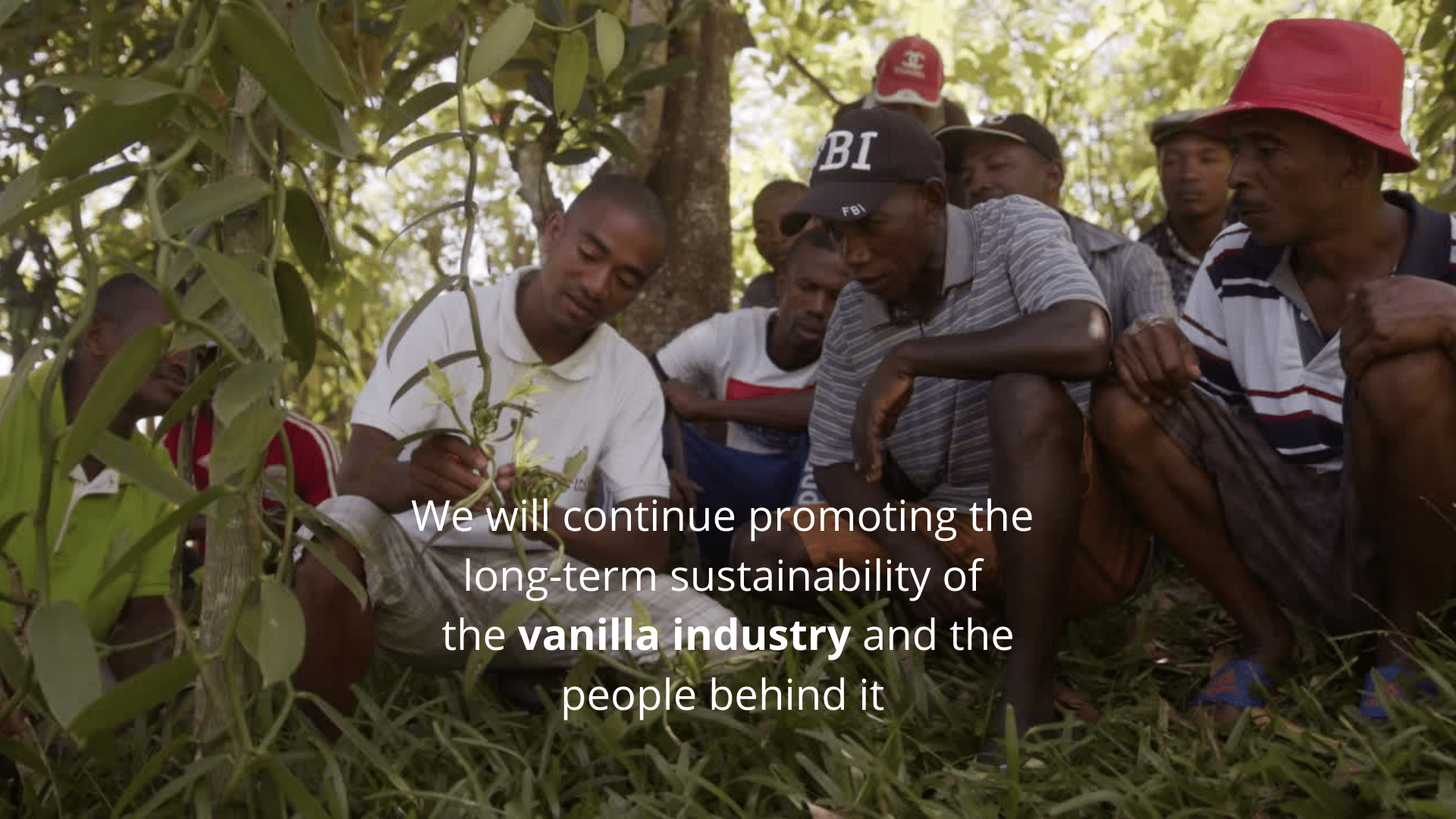We are proud to announce that Agri Resources Madagascar joined Fairtrade International.
Sustainable sourcing is at the heart of what we do and we will continue to promote the long term sustainability of the vanilla industry and the people behind it according to the 10 key principles of fair trade, as laid out by the World Fair Trade Organization.
To learn more about our inititivies visit www.insidemadagascar.org
10 key principles of fair trade
While there are many certifications with different levels of credibility, the fair trade movement generally agrees on a few key principles. Applied together all along supply chains, these principles can guide us towards building a more just solidarity economy.

FAIR PAYMENT
A fair price covers the cost of production, pays workers fairly, and still leave enough profit to reinvest.

CREATING OPPORTUNITIES FOR
DISADVANTAGED PRODUCERS
Small-scale producers are often the most marginalized by colonialism and the current systems of trade.

TRACEABILITY AND TRANSPARENCY
Open communication and fair contracts are the building blocks of fair trade.

EDUCATION
Learning is key to empowerment. Fairtrade
organizations raise awareness about the structural inequities of the global trade system.

NO FORCED OR CHILD LABOR
Labour exploitation is forbidden. Standards go beyond prohibition to address the root causes of forced and child labour.

RESPECT FOR THE
ENVIRONMENT
Additional premiums are paid for organic farming, recognizing the additional work required and valuing environmental stewardship.

ENSURING GOOD
WORKING CONDITIONS
Organizations are committed to the following worker protection laws, reasonable work hours, and healthy conditions for all.

DEMOCRATIC AND TRANSPARENT
ORGANIZATIONS
Democracy is central to fair trade, empowering smallscale producers and workers with a voice and a vote

BUILDING POWER
AND PROTECTING THE MOST VULNERABLE
Organizations are committed to non-discrimination.
They actively support gender equity, equal pay, and access to resources.
Workers have the right to organize and bargain collectively

LONG-TERM DIRECT TRADING
RELATIONSHIPS
The fewer steps between small-scale farmers and artisans and the end-user, the more money can return to the producer.



